The World’s Best Forest Guardians: Indigenous Peoples
Indigenous peoples and local communities have an unsurpassed connection to the Earth's forests.
Home / Issues / Forests & Biodiversity / Community forestry / Page 5
Indigenous people have lived from the forest since time immemorial, using its resources sparingly and carefully so that it might continue to produce its riches. What the Rainforest Alliance brings to this age-old model are the tools and support to make it economically viable in today’s world. We connect local and indigenous communities with markets, provide technical and business support, and work to improve human well-being—all while conserving the forest.
This page features information about the Rainforest Alliance's work to promote community forestry and links to all our related content and resources.
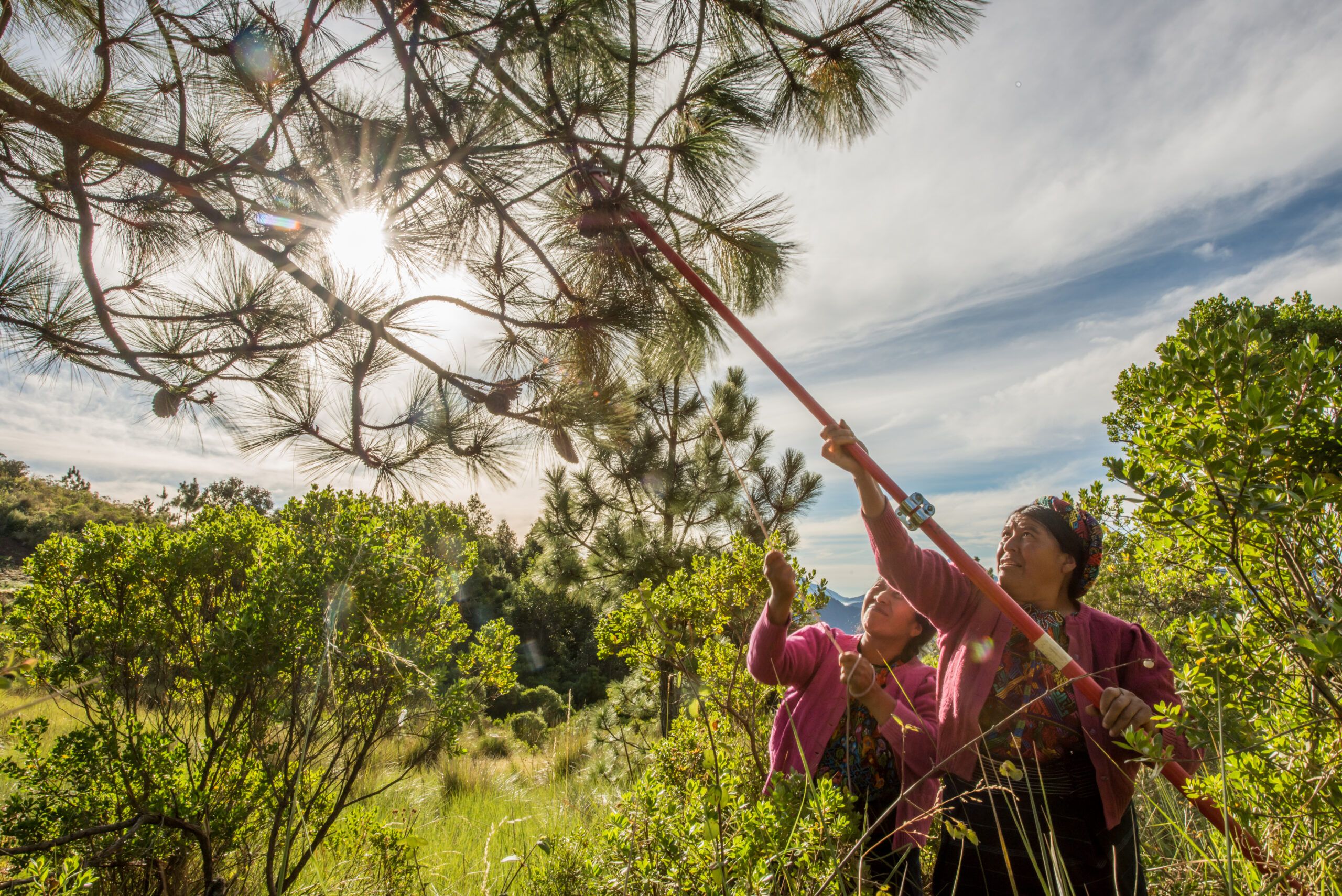
Working with forest communities, governments, companies, and civil society organizations, we promote more sustainable forest management practices throughout the tropics. We provide training, tools, and knowledge to communities; promote youth inclusion and gender equality; work to increase forest cover, biodiversity, and carbon capture; promote secured rights to forests; and provide access to alliances, finance, and markets, so that forest communities—and forests—may thrive.
This paper outlines our principles and strategies for stopping forest degradation and supporting forest communities in vulnerable tropical regions.
Our Kleinhans Fellowship supports research that seeks solutions to the challenges faced by the community forestry model.
Our Forest Allies initiative leverages the enormous power of our partnerships to support forest communities as they address the climate crisis and combat deforestation.
This paper summarizes our lessons learnt from twenty years of global experience in community forestry.
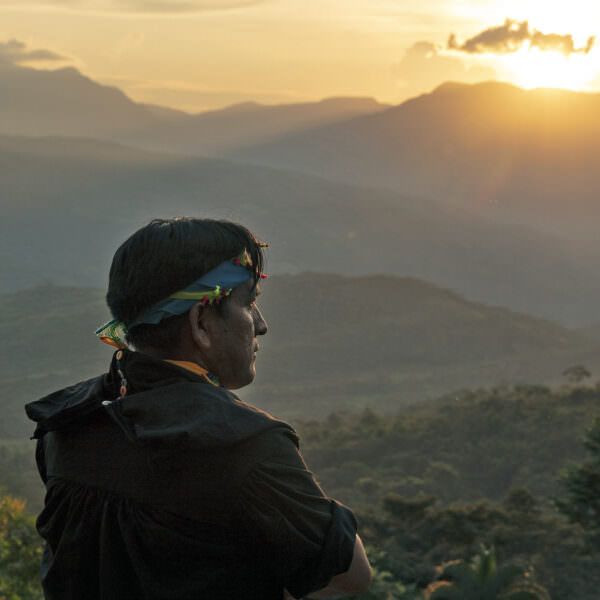
Indigenous peoples and local communities have an unsurpassed connection to the Earth's forests.
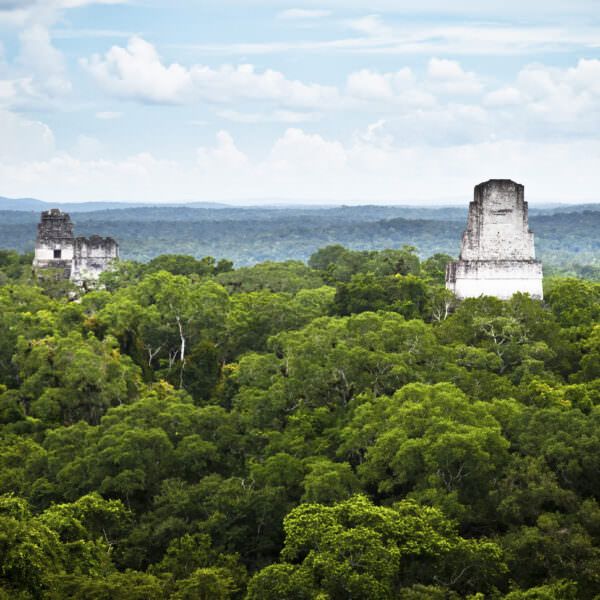
The forest concessions of the Maya Biosphere Reserve have boasted a near-zero deforestation rate for 20 years.
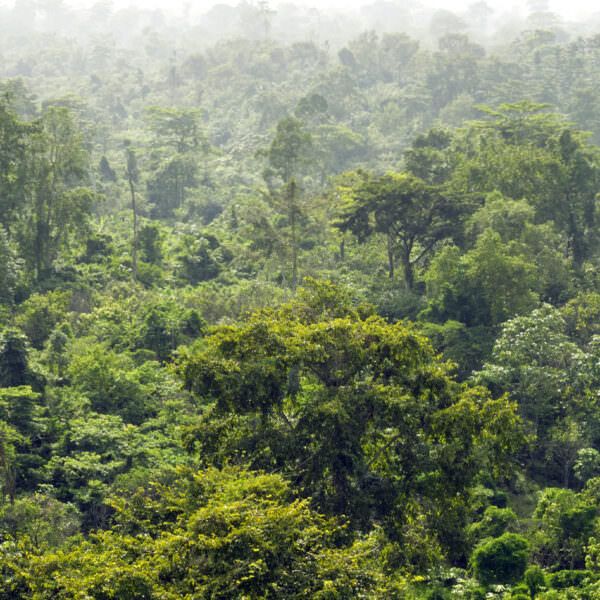
Sitting in the heart of the Congo Basin, the 36,000 square kilometer Salonga National Park (SNP) is the largest protected area of dense rainforest on the African continent.
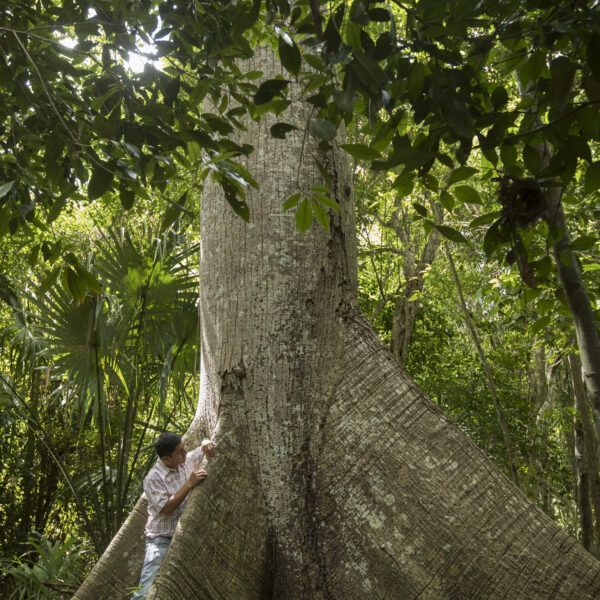
We are working to grow Mexico’s domestic market for sustainably produced products.
Climate change and inequality are inextricably bound, and we need to recognize that who owns, controls, and benefits from natural resources determines the future of the land—and the communities who call it home.

The African country of Uganda is one of the world’s largest consumers of bananas. But for every ton of the fruit, plantations leave behind two tons of refuse. TexFad transforms them into tough fiber that can be woven into rugs, place mats, and even hair extensions.
Glass talks to Nigel Sizer, Chief Global Alliances Officer of the Rainforest Alliance, about its work with Guatemala's rural communities, and why this is such a pivotal time for the future of a country emerging from conflict and political instability.
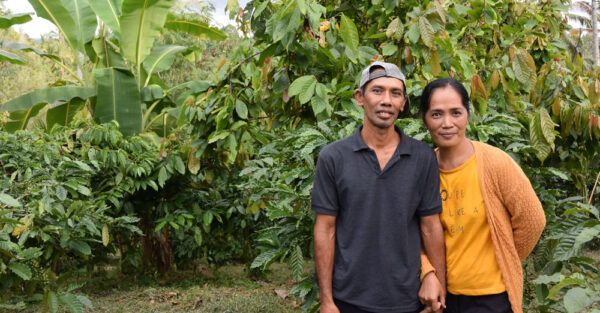
Indonesia's small-scale farmers can transform the cocoa sector into a powerful engine of rural prosperity and sustainability.... Continue Reading

The Rainforest Alliance has formed Forest Allies, a community of practice focused on protecting, restoring, and enabling responsible management of tropical forests. Together, we will build and foster unique partnerships, work beyond our individual supply chains, and engage and empower local communities in critical forest landscapes. Learn more about how joining the Forest Allies community […]
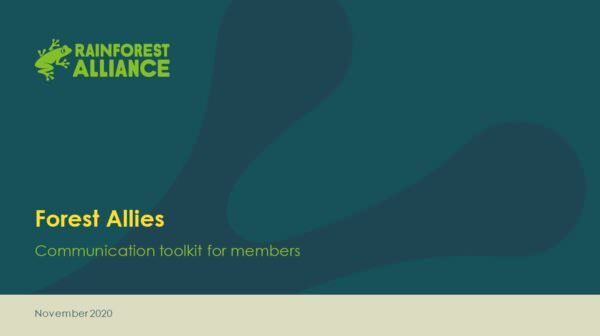
This toolkit with sample copy, photos, video b-roll, and other digital resources may be used by company partners to communicate about their Forest Allies membership. For more information visit our Forest Allies page or contact us at forests@ra.org.